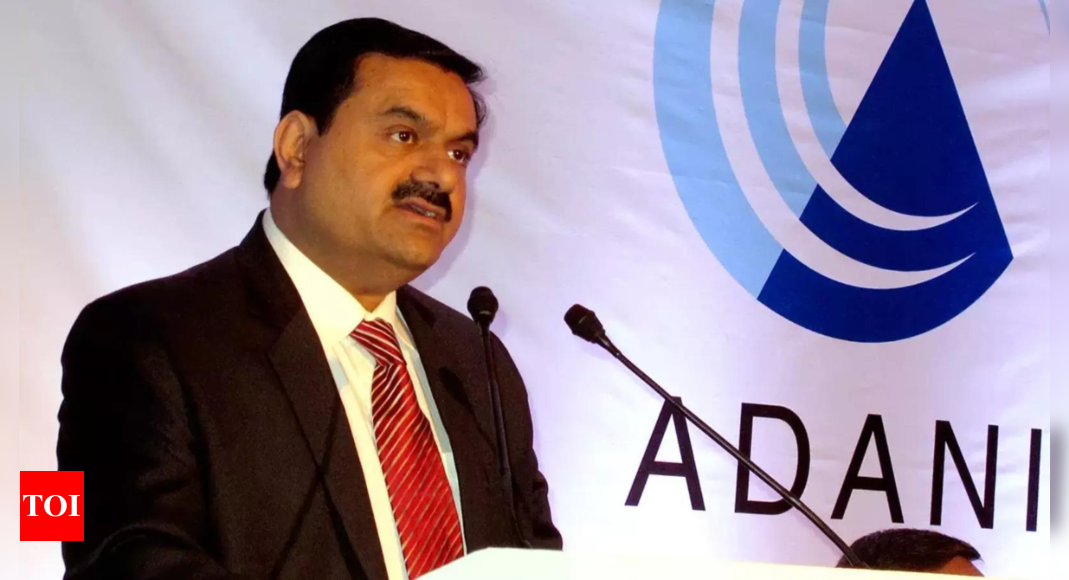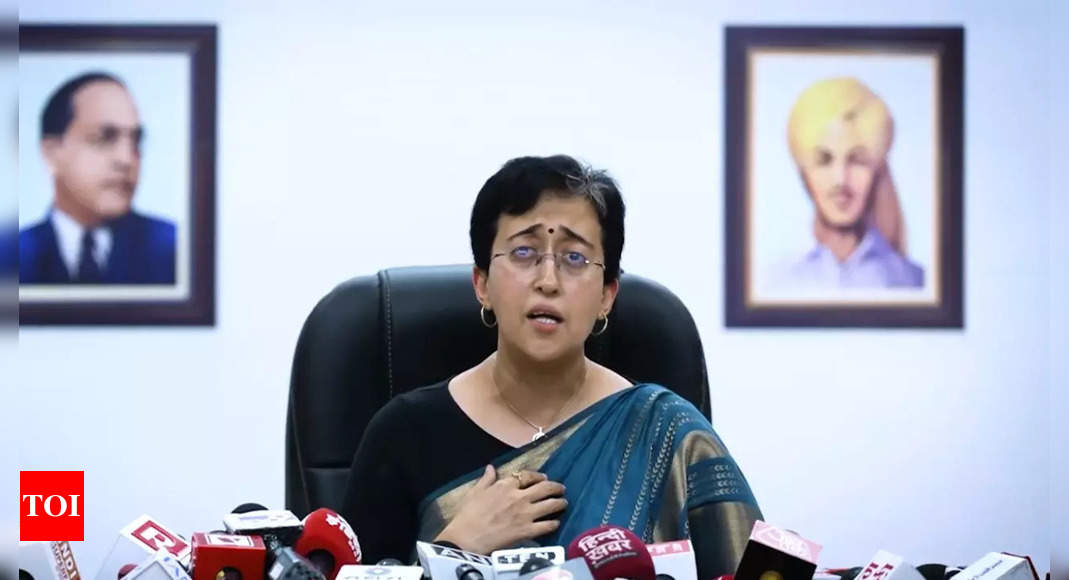

By Chethan Shenoy
Millennials, also known as Generation Y, are people born between 1981 and 1996. This means, currently their age range is between 28 to 43 years old, precisely.
Goal planning for millennials this Diwali:
Diwali signifies the start of Samvat 2082, the start of the new year, making it an auspicious opportunity for millennials to begin their new investing habits.
Based on the age group mentioned above, millennials can be categorized into two segments based on their age groups: one is less than 30 years old, and the other is in their late 30s or early 40s. These two groups are in two different stages of their lives; the first category will have different aspirations or goals to achieve, and they will be focused on consumption-oriented goals like purchasing a house, covering marriage expenses, purchasing a car, etc.
They will be in an acquisition stage and also moving towards planning for wealth creation. The other category will have achieved most of their aspirations in life and will be looking forward to wealth generation and retirement planning.
What should millennials keep in mind this Diwali?
Millennials typically have a bucket of regular expenses like living expenses, travel expenses, child education expenses, EMIs, rental costs, etc. The key to addressing these challenges is budgeting, where one can set up basic expense percentages like income to expenses should be less than 50%, EMI expenses should be 20 to 25%, and investment portion should be at least 25%; anything above this could be a best. This broad diversification of budgeting helps you to improve financial discipline and meet your obligations comfortably.
Diwali is a very common time when individuals get bonuses from their respective organizations, and this lump sum amount can be prudently used towards savings and partially towards celebrations.
Apart from this setting goals forms an important aspect and such as creating a basket for each goal, such as short-term goals like paying off small debts and taking a domestic holiday vacation. Medium-term goals like purchasing a car or going on a holiday trip to a dream destination. Long-term goals like retirement planning, purchasing a house, and generational wealth.
With Diwali approaching what should investing look like for millennials?
As we enter this auspicious period, it’s essential to balance your portfolio by including both growth and defensive assets. Equity and real estate are seen as growth-oriented, while gold and debt are considered defensive assets. But each investment option carries a degree of risk; investors can manage those by understanding the underlying risks of each investment option.
Investing exclusively in debt products can lead to zero real returns in an inflationary environment, making it essential to pair them with growth assets like equities, which can yield 12-14% returns over the long term. While gold has not consistently outperformed in all five-year timeframes, making it less reliable as a defensive asset compared to debt, real estate has notably underperformed, with most of the properties in urban cities failing to outperform Nifty 50 returns along with liquidity issues.
In an asset mix, the primary consideration should be investing across the assets that are low-correlated to each other, like equity and debt. This approach will help to reduce volatility.
For instance, an investor Rahul invested a 10 lakhs FD 10 years ago, which had an interest rate of around 6.5%, which helped him a corpus of 18 lakhs, but if he had invested the same in the asset mix of equity and debt, in the same period he could have generated more than 33 lakhs, which is significantly substantial.
Thus , diversifying across the asset classes is key to reducing volatility and enhancing overall portfolio stability.
Options to explore in equity and debt:
Equity Products – Investors can take exposure to equity through multiple options like direct equity, PMS, AIF, and equity MF. However, among all equity, MF is the best choice as it offers diversification and professional management with expertise fund managers, which makes it a cost-effective option to take exposure in equities.
Debt products – These products that offer fixed returns of 6 to 8%, investors have various avenues to invest, such as FDs, debt MFs, PFs, arbitrage funds, etc.
Is it important to have an emergency corpus?
No one can predict an unexpected emergency crisis that could be like your medical expenses or any other unexpected expenditure, so having a safety net consisting of your next 6 months to 1 year expenses in liquid corpus helps you to avoid disturbing your investment account for an emergency crisis.
Investing during Diwali presents a wonderful opportunity to align your financial goals with the spirit of the season. By considering a well-bounded investment strategy,millennials can create a diversified portfolio, which would keep the darkness away from your portfolio and keep it shining. Investors should also remember to diversify their investments across the asset classes.
By following these steps, investors can make informed decisions that lead to sustainable wealth growth and financial security.
The author is Director & Head – Product & Research, Anand Rathi Wealth Limited. Views are personal








